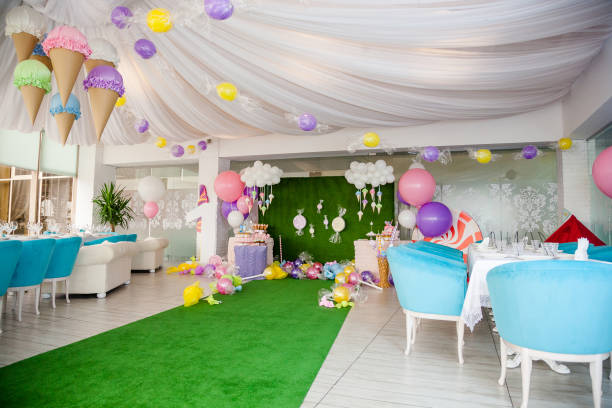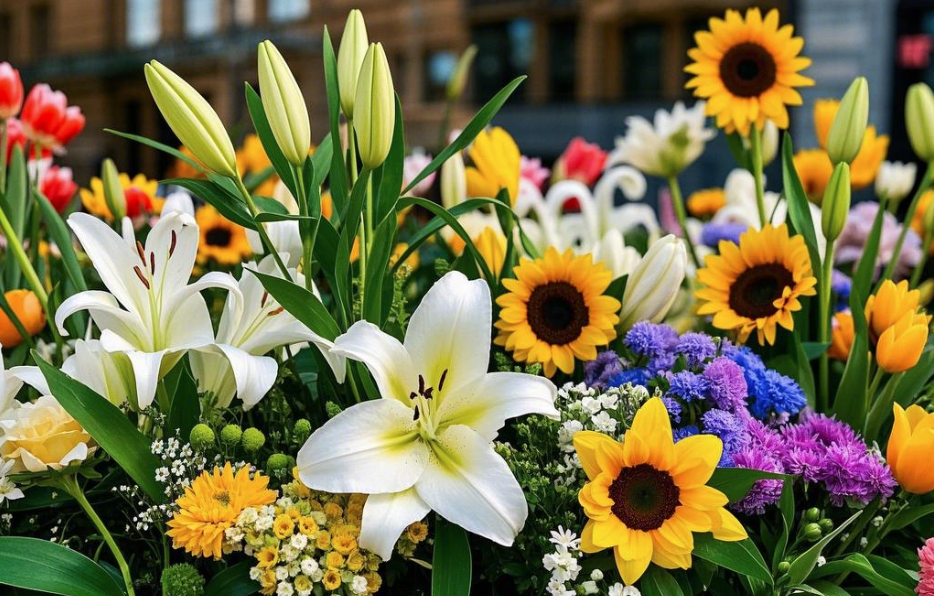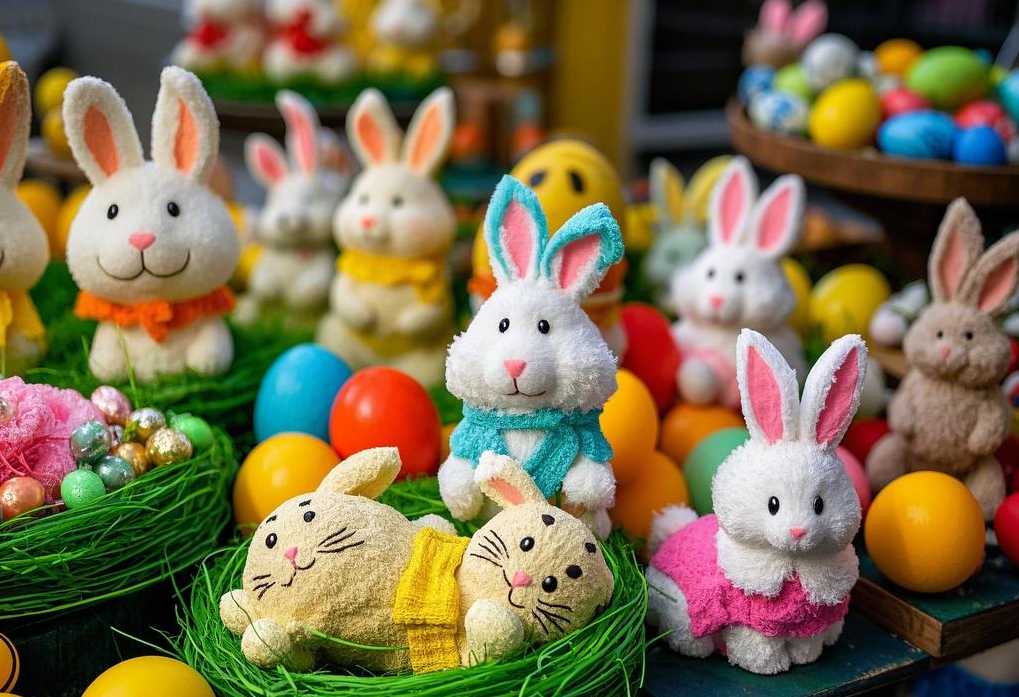Cocinar no es simplemente un medio de sustento; es una expresión de cultivo, tradición, y espiritualidad, especialmente dentro de la comunidad musulmana. Los utensilios utilizados en la preparación de comidas tienen una importancia significativa, influir en la higiene y la adherencia a las prácticas halal. A medida que evoluciona el paisaje culinario, La selección de materiales halales para utensilios se vuelve vital. Este artículo profundiza en las cualidades esenciales de los utensilios musulmanes, los materiales comunes adecuados para la cocina halal, y consejos para mantener estas herramientas en una cocina halal.
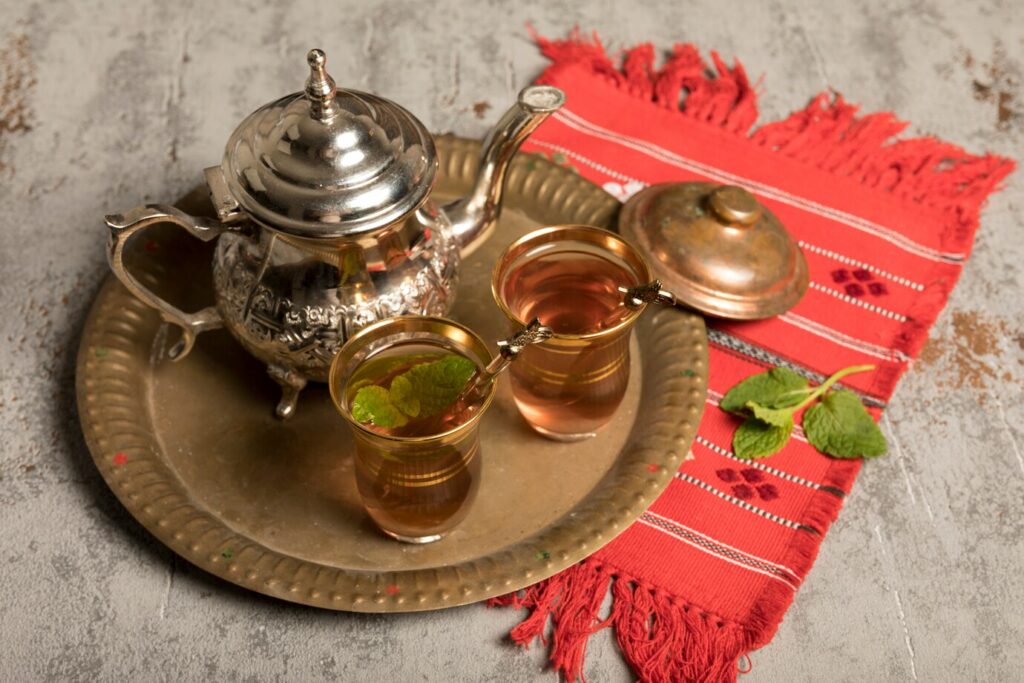
Cualidades esenciales de los utensilios musulmanes
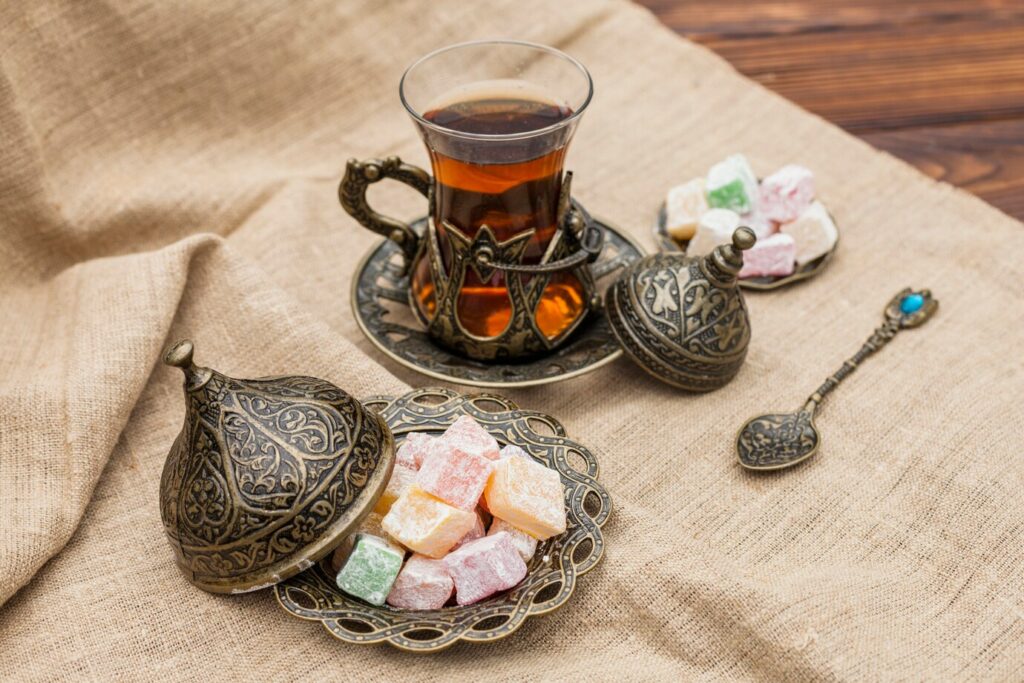
Elegir utensilios para la cocina halal implica más que la estética; Se deben considerar varias cualidades clave para garantizar que cumplan con los estándares dietéticos y de seguridad..
Limpieza y pureza
En el corazón de la cocina halal está el principio de la limpieza. Los suministros de catering de la cocina deben ser fáciles de limpiar y mantener, ya que los utensilios que pueden albergar bacterias o absorber las partículas de alimentos pueden comprometer la pureza de las comidas que se están preparando. Los materiales no porosos son ideales, Como pueden resistir rigurosos procesos de limpieza, Asegurar que su cocina siga siendo un espacio seguro para preparar comidas halal.
Durabilidad y seguridad
La durabilidad es otra cualidad crítica a buscar en los utensilios de cocción. Los materiales de alta calidad que resisten el desgaste no solo ahorran dinero a largo plazo, sino que también se aseguran de tener herramientas confiables a su disposición. Además, La seguridad no se puede pasar por alto; Los utensilios deben estar libres de productos químicos dañinos que puedan filtrarse en los alimentos durante la cocción. Los materiales que combinan la durabilidad y la seguridad son cruciales para una experiencia de cocina sin preocupaciones.
Ecológica y sostenibilidad
En el mundo de la conciencia ambientalmente consciente de hoy, Optar por utensilios ecológicos es cada vez más importante. Los materiales sostenibles contribuyen a reducir los desechos y minimizar la huella ecológica. Al elegir utensilios de origen sostenible y biodegradable, Puede alinear sus prácticas de cocina con un compromiso con la administración ambiental..
Materiales comunes para los utensilios de cocina halal
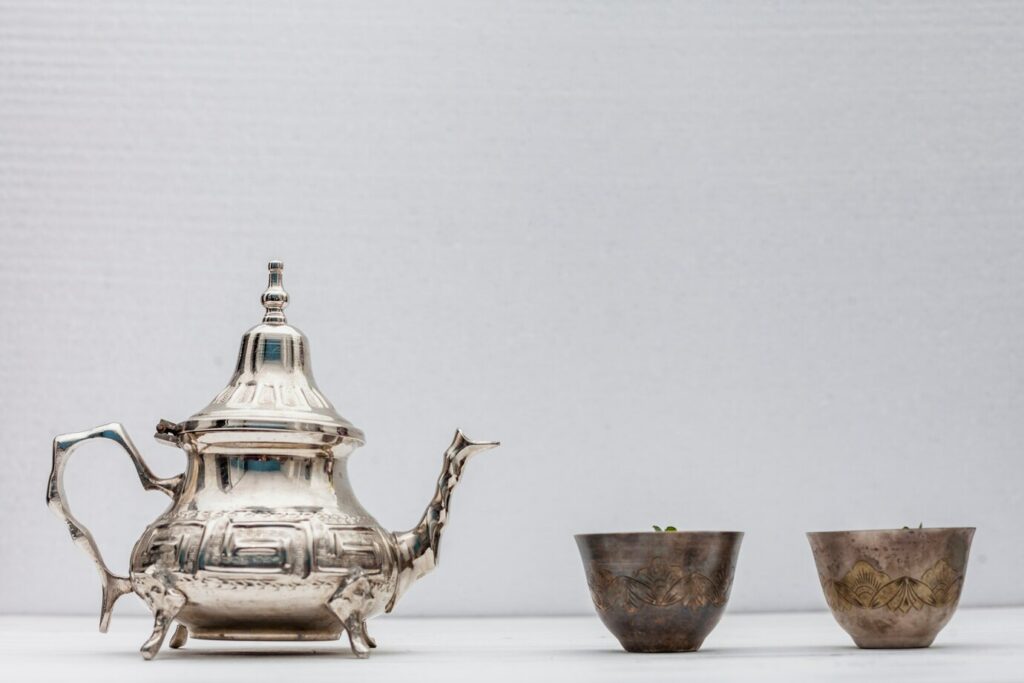
Varios materiales se destacan como particularmente adecuados para los utensilios de cocina halal. Cada uno ofrece beneficios únicos que pueden mejorar su experiencia culinaria.
Acero inoxidable: Duradero y facilidad de limpieza
El acero inoxidable es uno de los favoritos entre muchos cocineros por una buena razón. Es reconocido por su durabilidad y resistencia al óxido, haciéndolo una excelente opción para los utensilios de cocina. Su naturaleza no reactiva asegura que los sabores de alimentos permanezcan intactos, Mientras que su superficie lisa facilita la limpieza. Si estás buscando abastecerse, Abastecimiento de utensilios musulmanes de alta calidad al por mayor puede ser una opción práctica.
Silicona: No tóxico y resistente al calor
Los utensilios de silicona han ganado popularidad debido a su naturaleza no tóxica y su impresionante resistencia al calor. Pueden tolerar altas temperaturas sin deformar o liberar productos químicos nocivos, haciéndolos ideales para una variedad de aplicaciones de cocina. Además, La flexibilidad de Silicone y las propiedades antiadherentes contribuyen a la liberación de alimentos fáciles, haciéndolo una adición valiosa a cualquier cocina.
Vaso: Ideal para cocinar y servir
Los utensilios de vidrio proporcionan una combinación única de funcionalidad y atractivo estético. No son reactivos, lo que significa que no alterarán el sabor de la comida, y son perfectos tanto para cocinar como para servir. La transparencia del vidrio también permite una fácil monitorización del progreso de la cocción sin abrir las tapas, Ayudando a retener el calor y el sabor.
Bambú: Sostenible y natural
Los utensilios de bambú no solo son amigables con el medio ambiente, sino que también poseen propiedades antibacterianas naturales. Son livianos y resistentes, haciéndolos versátiles para varias tareas de cocina. Elegir bambú es un paso hacia la incorporación de prácticas sostenibles en su cocina al tiempo que agrega un toque natural a sus utensilios.
Cerámico: No reactivo y seguro de comida
Los utensilios de cerámica se celebran por sus cualidades no reactivas y su capacidad para retener el calor. Son adecuados para cocinar lenta y se pueden usar de forma segura tanto en el horno como en el microondas.. Disponible en varios colores y diseños, Los utensilios de cerámica también pueden mejorar el atractivo estético de su cocina.
Materiales para evitar las prácticas de cocina halal
Mientras que muchos materiales son adecuados para cocinar halal, Algunos deben evitarse para mantener el cumplimiento de los estándares halal y garantizar la seguridad..
Materiales derivados de animales no halales
Los utensilios hechos de materiales derivados de animales que no son halal deben evitarse estrictamente. Es esencial verificar que cualquier material utilizado se produzca de animales aprobados por halal para defender los principios dietéticos.
Recubrimientos de teflón y antiadherente con toxinas potenciales
Teflón y recubrimientos antiadherentes similares pueden representar riesgos, particularmente cuando se sobrecalienta, Como pueden liberar productos químicos tóxicos en alimentos. Es aconsejable optar por alternativas que no confíen en estos recubrimientos para garantizar un ambiente de cocina más seguro..
Metales que pueden contener plomo o cadmio
Ciertos metales pueden filtrar sustancias nocivas en los alimentos., particularmente cuando están desgastados o dañados. Se deben evitar los utensilios hechos de metales que pueden contener plomo o cadmio para proteger la salud y garantizar la seguridad de los alimentos..
Oro y plata
Mientras que los utensilios de oro y plata pueden parecer lujosos, No son prácticos para la cocina diaria. Estos metales pueden reaccionar con ciertos alimentos, comprometiendo tanto el sabor como la seguridad. Es mejor reservar estos materiales para ocasiones especiales en lugar del uso culinario regular..
Consejos para mantener utensilios halales
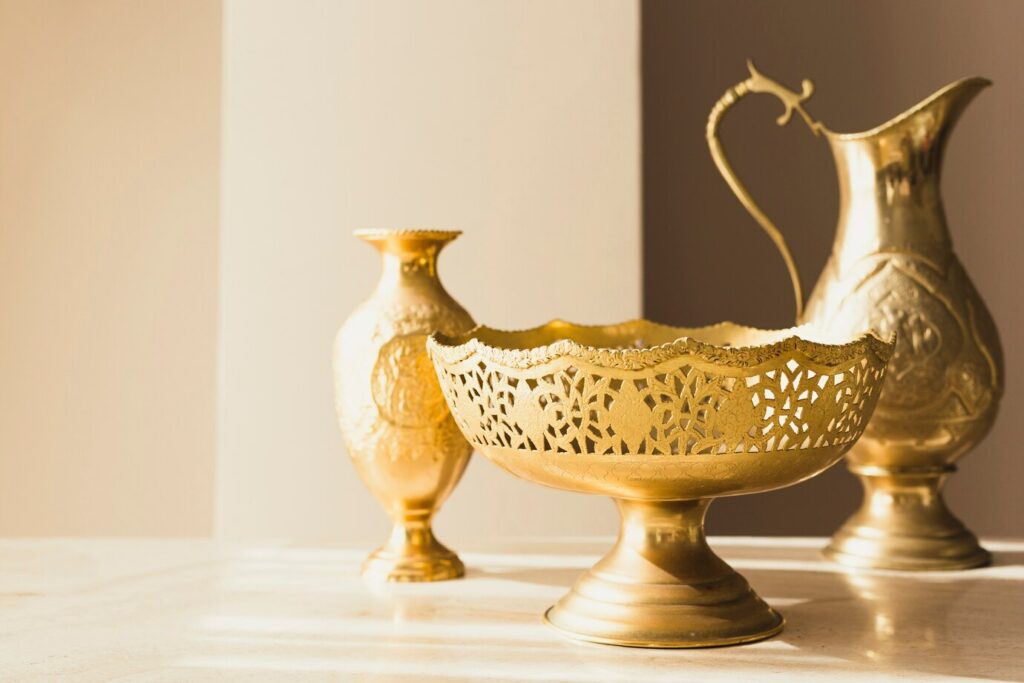
El mantenimiento adecuado de los utensilios amigables con halal es crucial para garantizar su longevidad y efectividad. Aquí hay algunos consejos prácticos para ayudarlo a cuidar sus herramientas de cocina..
Limpie regularmente y almacene correctamente
La limpieza regular de los utensilios es esencial para prevenir la acumulación de bacterias y mantener la higiene. Los utensilios deben almacenarse en una limpieza, ambiente seco para evitar la contaminación. Un sistema de almacenamiento organizado asegura que los utensilios sigan siendo fácilmente accesibles mientras los protegen del daño.
Evite el contaminado cruzado con alimentos no halales
La contaminación cruzada es una preocupación significativa en la cocina halal. Es fundamental designar utensilios específicos para la preparación de alimentos halal y evitar su uso con artículos no halales. Esta práctica ayuda a mantener la integridad de la cocina halal y evita cualquier riesgo de comprometer las restricciones dietéticas.
Reemplace los utensilios desgastados o dañados de inmediato
El reemplazo oportuno de los utensilios gastados o dañados es crucial para mantener la seguridad alimentaria. Los rasguños y las papas fritas pueden albergar bacterias, hacer que los utensilios sean menos efectivos. Inspeccione regularmente sus herramientas y reemplácelas según sea necesario. Proveedores de utensilios de catering puede proporcionar una variedad de opciones para mantener su cocina abastecida con herramientas de alta calidad..
Conclusión
Los utensilios amigables con las halal en su rutina de cocina son esenciales para mantener el cumplimiento y la seguridad en la dieta en la cocina. Eligiendo materiales de alta calidad que prioricen la limpieza, durabilidad, y sostenibilidad, Puede mejorar su experiencia culinaria mientras respeta sus valores. Los utensilios musulmanes correctos no solo elevan la calidad de sus comidas, sino que también reflejan su compromiso con prácticas de cocina saludables.. Mientras continúa su viaje culinario, Deje que estas herramientas cuidadosamente seleccionadas sean sus aliados para crear deliciosos, platos compatibles con halal.
Preguntas frecuentes sobre las reglas de la mesa musulmana
Q1: ¿Los musulmanes usan utensilios??
Sí, Los musulmanes usan utensilios para comer y cocinar, Similar a las personas de otras culturas. La elección de los utensilios a menudo refleja las preferencias personales., prácticas culturales, y el énfasis en los estándares halal.
Q2: ¿Pueden los musulmanes compartir utensilios con no musulmanes??
Los musulmanes pueden compartir utensilios con no musulmanes siempre que los utensilios no entren en contacto con alimentos no halales. El respeto por las leyes dietéticas y la limpieza debe mantenerse en situaciones gastronómicas compartidas.
Q3: ¿Pueden los musulmanes usar utensilios que hayan tocado la carne de cerdo??
Los musulmanes deben evitar el uso de utensilios que hayan tocado alimentos de cerdo o no halales para mantener la pureza dietética.


